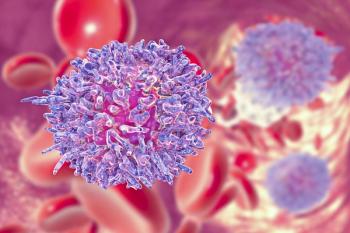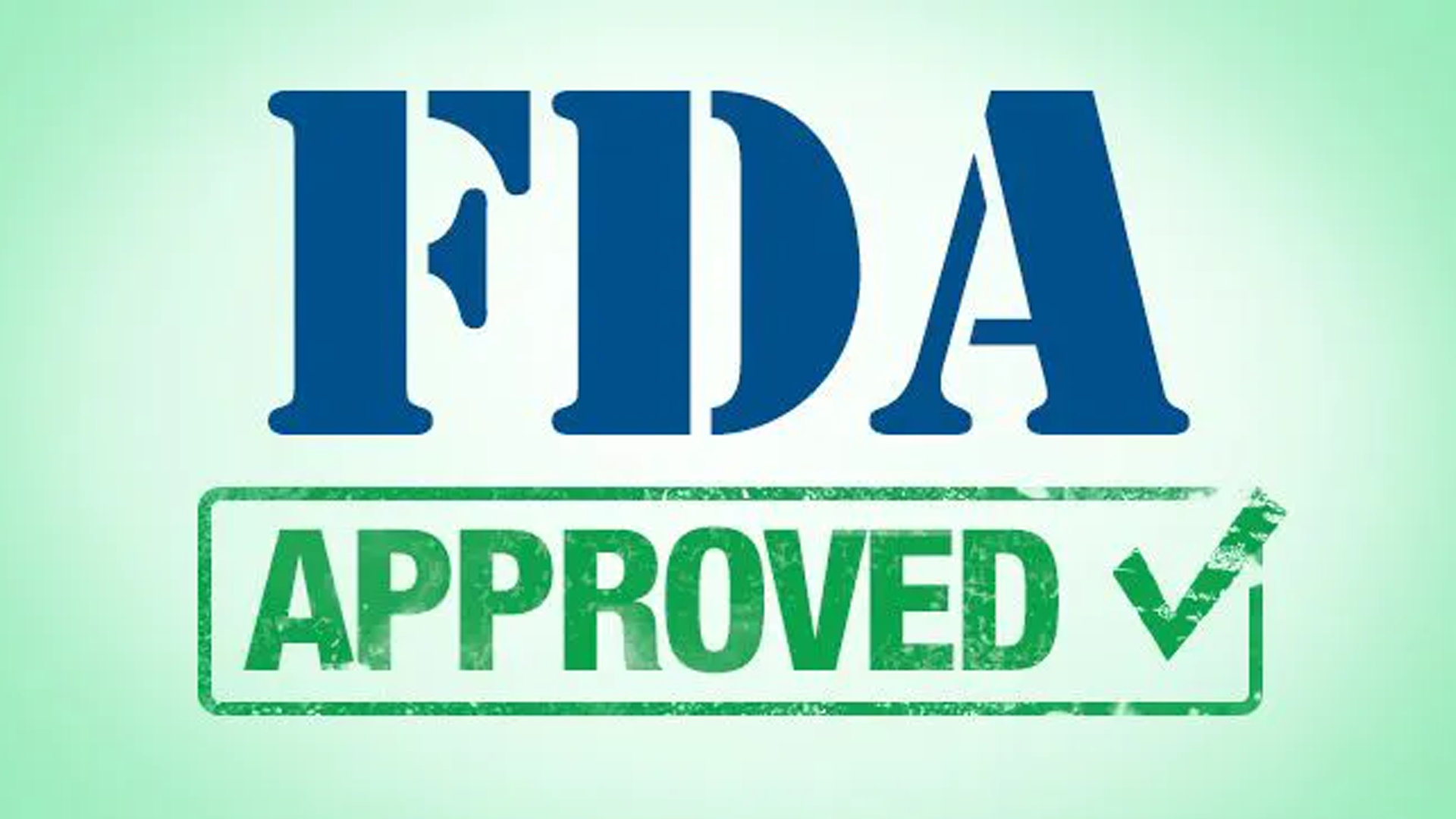
Graft-Vs-Host Disease
Latest News
Latest Videos

More News

The biologics license application that was resubmitted for remestemcel-L has been accepted by the FDA for the potential treatment of children with steroid-refractory acute graft-vs-host-disease.

Taking mismatched unrelated donors into consideration may increase donor numbers, especially for patients with minority ancestry who are seeking hematopoietic cell transplantation.

Patients with chronic graft-vs-host disease treated with belumosudil experienced responses out to 3 years with no new safety signals.

A feasibility study on the use of a mobile application for patients after undergoing a stem cell transplant may help care teams quickly identify and treat graft-versus-host disease.

The antifungal prophylaxis azoles did not impact the safety and efficacy of ruxolitinib in patients with graft-vs-host disease.

Patients with GVHD treated with ruxolitinib plus belumosudil experienced an overall response rate of 55%, which may suggest an interaction between inflammatory pathways.

Compared with placebo, ruxolitinib cream significantly improved body surface area in patients with cutaneous graft-vs-host disease in a phase 2 trial.

After 3 years, ruxolitinib provided improved control for steroid refractory or dependent chronic graft-versus-host disease when compared with best available treatment.

Belimumab has emerged as a safe and tolerable agent that may be useful for the prophylaxis of chronic graft-vs-host-disease.

Patients with high levels of amphiregulin were at a higher risk of an early death in acute graft-versus-host-disease, according to a presentation at the 2021 ASH Annual Meeting.

Abatacept is now available for use in combination with certain immunosuppressants to prevent moderate to severe acute-graft-versus-host disease for select patients who have received unrelated donor hematopoietic stem cell transplant.

Ruxolitinib and belumosudil represent FDA-approved treatment options to manage cGVHD, however, real world data will determine best practices for treatment and future research directions within the space.

The FDA has approved ruxolitinib to treat adults with steroid-refractory chronic graft-versus-host disease.

The FDA’s priority review designation to abatacept may help to expand the stem cell donor pool by lowering acute graft-versus-host-disease risk in both children and adults, experts say.

Ruxolitinib, when administered using a pediatric dosing algorithm, was found to elicit responses in patients with chronic graft-versus-host disease with acceptable safety.

The orally available belumosudil continues be promising in patients with chronic graft-versus-host disease (cGVHD) who have received 2 or more prior lines of systemic therapy

The FDA’s Oncologic Drugs Advisory Committee voted in favor of approving remestemcel-L for the treatment of children with steroid-refractory acute graft-versus-host disease.

To date, no FDA-approved options are available for patients under the age of 12 with SR-aGVHD in the United States, underscoring a great unmet need.

Ruxolitinib (Jakafi) induced a strong, durable response across several subgroups of patients with steroid-refractory acute graft-versus-host disease.

The FDA has granted 2 Orphan Drug Designations to ALPN-101 for the prevention and treatment of acute graft-versus-host-disease (GVHD), according to Alpine Immune Sciences, Inc., the company developing the first-in-class selective dual T cell costimulation inhibitor.

Graft-versus host disease has improved in recent years, but there is still more work to be done.

The combination of itacitinib and corticosteroids did not induce a statistically significant improvement in overall response rate (ORR) at day 28 compared with placebo plus corticosteroids in patients with treatment-naïve acute graft-versus-host disease (aGVHD).

The US Food and Drug Administration (FDA) has granted breakthrough therapy designation to abatacept (Orencia) to prevent moderate or severe acute graft-versus-host disease (GvHD) in patients who underwent a hematopoietic stem cell transplant and are not related to their donors, according to Bristol-Myers Squibb, the manufacturer of the drug.

The Food and Drug Administration (FDA) approved ruxolitinib (Jakafi) for the treatment of patients 12 years or older with steroid-refractory acute graft-versus-host disease.

The Food and Drug Administration has granted a priority review to the supplemental new drug application for ruxolitinib (Jakafi) to treat patients with acute graft-versus-host-disease (GVHD) who have had an inadequate response to corticosteroids.































































































